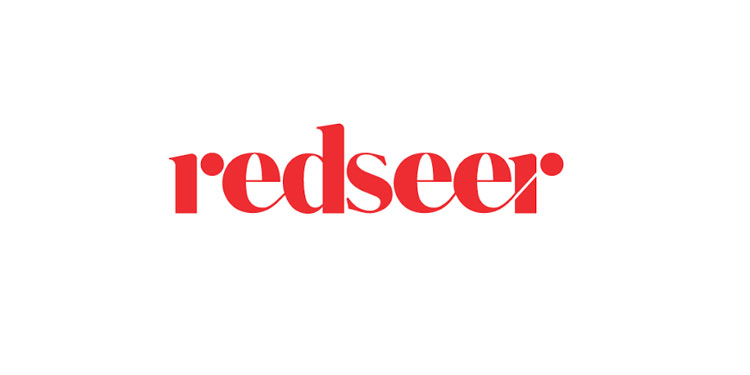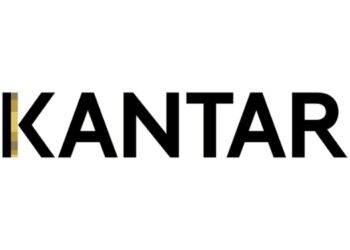Mumbai: BNPL or Buy Now Pay Later is all the rage in India’s fintech space — research conducted by management consulting firm Redseer state that this fintech subsegment is moving at a 65% y-o-y growth and is all set to touch a staggering ~40 Bn USD by 2025.
The 9x funding growth and massive adoption that we witnessed in 2021 is a testimony to this fact, said Redseer in its recent report. The compelling value proposition, coupled with the ability to avail of attractive discounts and cashback offers, has led to rapid adoption.
Consumers are rapidly taking to BNPL due to ease of use, discounts and evolving credit needs. BNPL provides users with greater flexibility, allowing them to make purchases across a wider variety of categories and stores. This also reduces the financial burden on users, as they are no longer required to make repayments across a pre-specified repayment period.
India’s BNPL ecosystem is now seeing multiple products and business models emerge, primarily as a result of the country’s diverse BNPL users and ecosystems. This provides a vehicle for BNPL users to make purchases when they want to, without being tied down to a rigid repayment schedule. BNPL players are driving very high customer satisfaction and are significantly ahead of traditional pay later products as well.
The report went on to say that the current BNPL use cased are skewed towards eCommerce, and consumers primarily use this option for online shopping, food delivery, bill payments, online travel, eHealth, EdTech, and ride hailing; close to 73% of this segment use BNPL for online shopping. Companies are actively trying to diversify their use cases with wider merchant partnerships. This has paved the way for a huge headroom for future BNPL growth basis use case diversification.
During a recently conducted event by Redseer, Ground Zero 6.0, Mrigank Gutgutia, Associate Partner, Redseer, said, “majority of consumers use their BNPL offering frequently, have good usage hygiene, and usually pay on time. However, there are some consumer experience areas to be solved to drive higher ARPU/LTV from the existing user base. Increased credit limit, cash withdrawals, improved user convenience, and more merchant tie-ups are a few key areas that need improvement. Regulations will also be key- several nations have started to regulate BNPL to protect users and reduce defaults, while India is still in the nascent stage”.

















